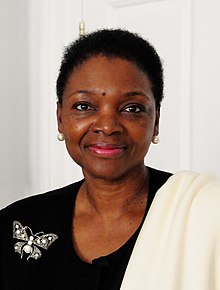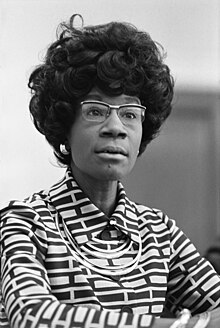GUYANA REMAINS THE TOP ECONOMIC PERFORMER IN THE CARIBBEAN
December 23, 2013, By KNews, Filed Under Features/Columnists, Peeping Tom, Source

ECONOMIC GROWTH RATES IN CARIBBEAN 2010-2014
SOURCE: International Monetary Fund
Guyana is behind the rest of the Caribbean when it comes to economic growth? Nothing could be further from the truth. Guyana is and remains the best performing economy in the Caribbean, outshining every single economy in the Region.
Guyana’s economy has been growing since 2006 and has been growing at a most impressive rate. Economic growth refers to the increase in GDP, and when it comes to the growth rate of the economy, Guyana outperforms everyone else in the region, as illustrated by the table below. (The numbers for 2013 and 2014 are projections by the IMF)
This article however is not so much concerned by those who wish to offer misinformed opinions about Guyana’s economic growth relative to the rest of the Caribbean, except to say that while the naysayers are having a field day in Guyana, there are many persons who are studying Guyana’s performance to determine what it has done right and what is responsible for this consistent growth in its economy over the past eight years, more so considering that this growth is taking place in the context of a global recession.
What is clear is that corruption has not become a drag on economic development. This is not to condone corruption but merely to point out that despite the undisputed evidence of corruption and cronyism in the affairs of public administration, Guyana’s economy continues to outperform all others in the Region, including a fast-closing Suriname which has pursued an aggressive policy of pursuing investments in its natural resources, particularly in extractive resources.
The continued excellent performance in economic growth may explain also why the Donald Ramotar administration has been circumspect about changing economic course and even about having an economist to head the Ministry of Finance.
One of the things learnt from the winning West Indies team of the seventies and eighties is that you do not change a winning combination. And this perhaps explains why Donald Ramotar is sticking with the same old combination and sticking also with the same game plan.
He, of course, is an economist by training and knows all too well that economic growth is cyclical and that every upturn is invariably followed by a period of decline.
Guyana has had a long and extended run. In fact, the long stretch of economic growth has defied the pundits of doom who had long indicated that Guyana’s improved economic performance would have only been a temporary occurrence. Projections however indicate that this growth is likely to move over to 2014 and beyond.
Donald Ramotar would however be concerned as to what may happen after this upward growth cycle ends and this is why he seems so obsessed in ensuring that large scale hydroelectricity becomes a reality. The fact that the Amaila Falls Project was vetoed seems to have hurt him deeply because no President wants to be held responsible for not sustaining the economic growth that he inherited and Donald Ramotar knows that without hydroelectricity, Guyana’s economy will remain based on primary production and that there are limits to which growth can be sustained in this type of economy.
He seems very keen therefore to move the economy towards increased industrialization, something that characterizes developing economies in transition to emerging economies. To achieve this he knows that Guyana needs cheap energy.
The opposition parties are however not going to approve public spending for Amaila Falls unless they are convinced that Guyana is obtaining value for money. The opposition parties are justifiably suspicious about the large projects that were conceived under the Bharrat Jagdeo administration and which continue to be pursued by the Ramotar administration.
As such, it is for the Ramotar administration to win over the confidence of the opposition about these projects and not simply adopt the position that the opposition parties come hell or high water want these projects killed in order to destabilize the economy of Guyana.
If the past two years is anything to judge by, it is clear that the opposition theatrics has not retarded Guyana’s economic growth. But unless a cushion is created for the impending cyclical downturn, Guyana may end up becoming like the West Indies cricket team, unable to continue its winning streak.


